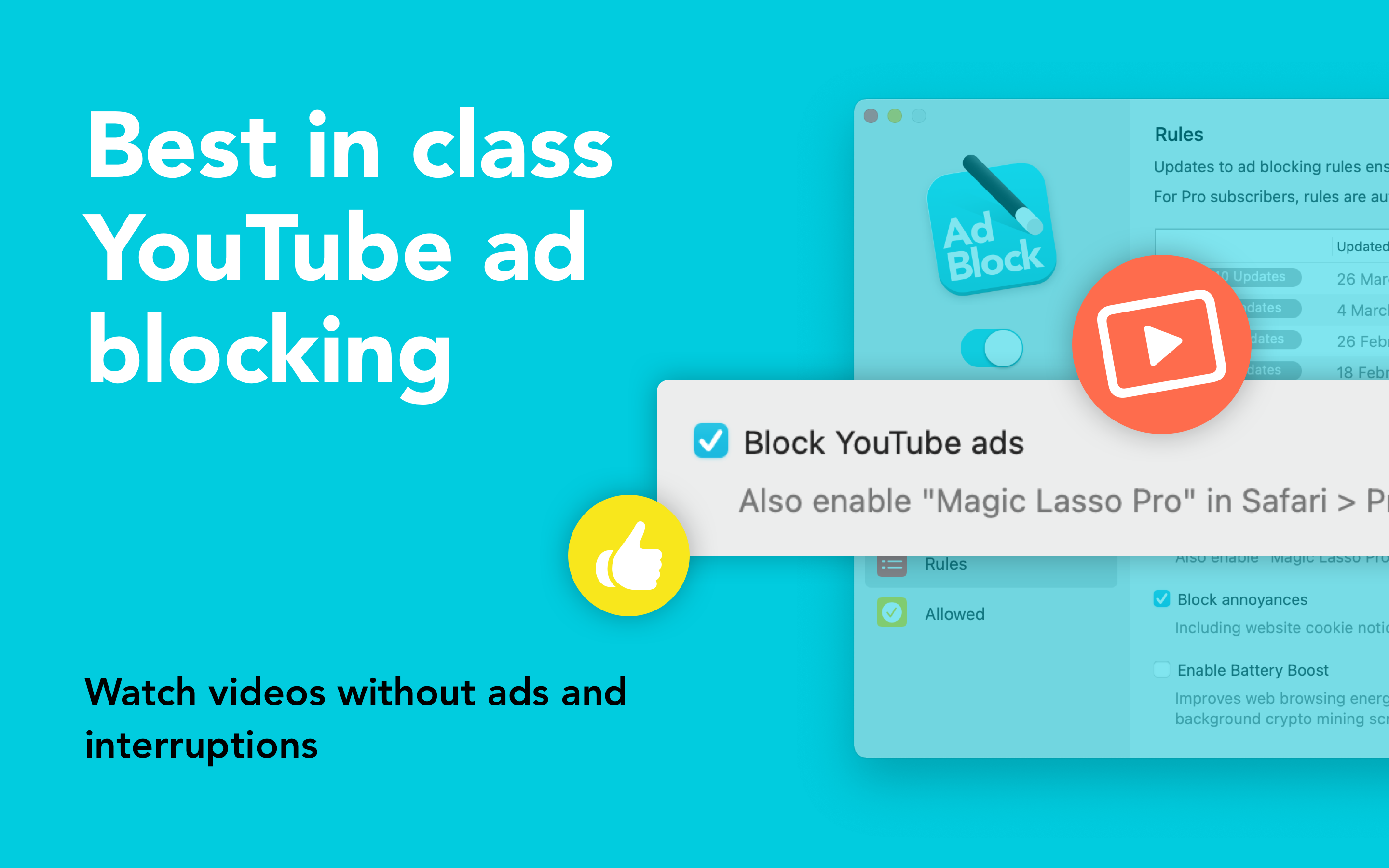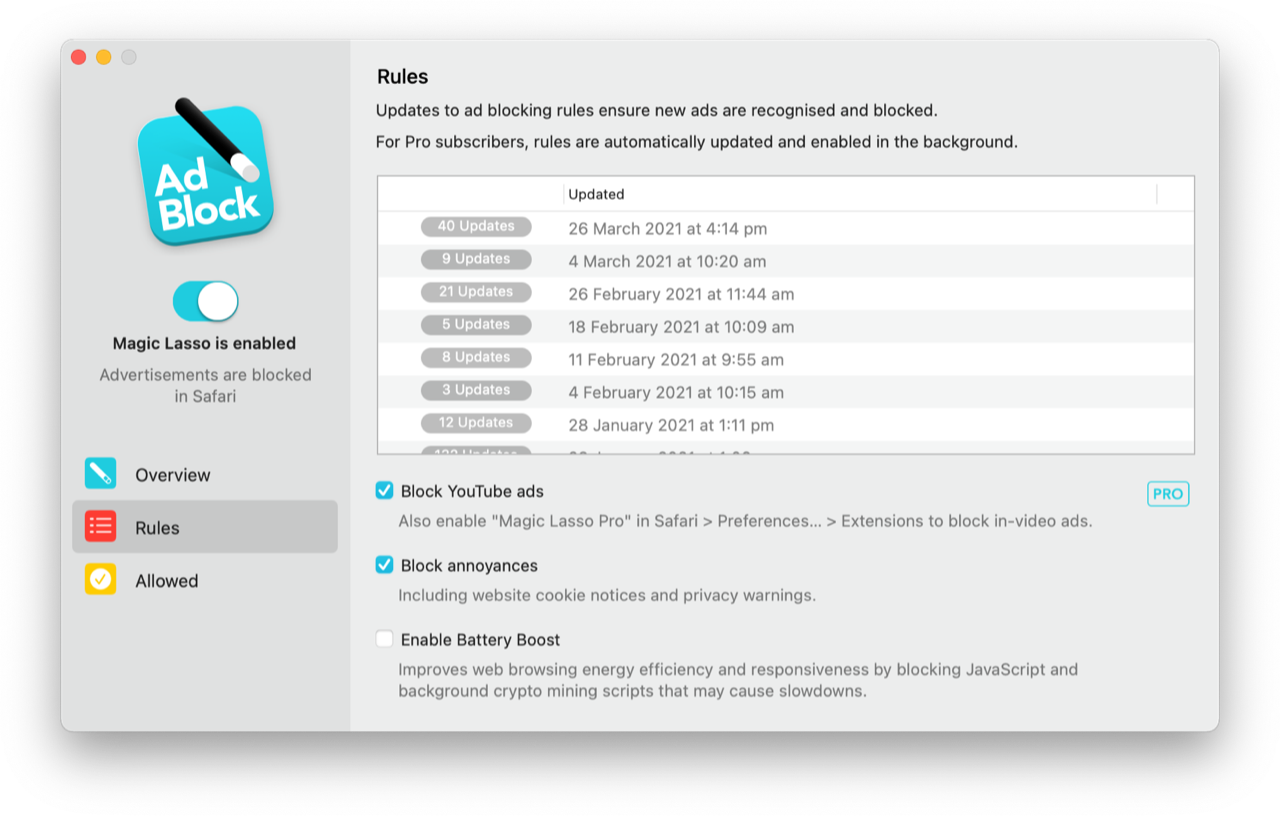Benedict Evans:
Whenever anyone proposes new rules or regulations, the people affected always have reasons why this is a terrible idea that will cause huge damage. This applies to bankers, doctors, farmers, lawyers, academics… and indeed software engineers. They always say ‘no’ and policy-makers can’t take that at face value: they discount it by some percentage, as a form of bargaining. But when people say ‘no’, they might actually mean one of three different things, and it’s important to understand the difference.
This is a good piece categorizing the three types of “no” by industries facing new policies as: an aversion to lawmakers telling them what to do, plausible negative consequences of regulation, and technical impossibilities. But Evans does not give nearly enough weight to how often big industry players and their representatives simply lie. They often claim the effects of new regulations will be of the second or third type when there is no evidence to support their claims.
Corporations lying to get their way is not news, of course. A common thread among the examples cited by Evans is that policies which actually do fall into the categories of causing unintended negative effects or being impossible to achieve are noted as such by truly independent experts.
In 2015, after Uber launched in Calgary, the city proposed reasonable and sensible rules, which Uber claimed were entirely “unworkable” for ride sharing as a genre. Many, including popular media outlets, concurred with Uber and begged the city to fold. But it compromised on only a single rule; everything else was passed, meaning that Uber drivers were subject to the same sorts of regulations as taxi drivers because they do the same job. And guess what? Uber has been happily operating in Calgary ever since.
Apple spent years opposing repair legislation on the basis that people would hurt themselves replacing batteries, and that any state which passed such laws would become a “mecca for bad actors”. That line of argument was echoed by some, only for Apple to now support such legislation — with caveats — despite using exactly the same type of battery it says is dangerous for people to swap themselves.
After multiple reports — including several stories by Reveal in 2019 and 2020 — of serious injuries at Amazon warehouses caused in part by its infamously rigorous quotas, and a general avoidance of workers’ rights, lawmakers in California proposed corrective legislation in early 2021. Lobbyists freaked out. In the interim, Reveal found itself smeared “on background” by Amazon’s public relations team, which tells “outright lies” according to multiple reporters. The legislation was signed into law anyway in 2021. It is certainly too early to know its long-term effects, but injury rates at Amazon facilities fell in 2022, though its rates remain double (PDF) the rate of the rest of the industry.
Evans:
I think the structural problem here, across all three kinds of ‘no’, is that this is pretty new to most of us. I often compare regulation of tech to regulation of cars – we do regulate cars, but it’s complicated and there are many different kinds of question. ‘Should cars have different emissions requirements?’ is a different kind of question to ‘does the tax code favour too much low-density development?’ and both questions are complicated. It’s a lot easier to want less congestion in cities than to achieve it, and it’s a lot easier to worry about toxic content on social media than to solve it, or even agree what ‘solve’ would mean.
But we all grew up with cars. We have a pretty good idea of how roads work, and what gearboxes are, even if we’ve never seen one, and if someone proposed that cars should not come with seats or headlights because that’s unfair competition for third-party suppliers, we could all see the problem. When policy-makers ask for secure encryption with a back door, we do not always see that this would like be telling Ford and GM to stop their cars from crashing, and to make them run on gasoline that doesn’t burn. Well yes, that would be nice, but how? They say ‘no’? Easy – just threaten them with a fine of 25% of global revenue and they’ll build it!
The comparison to regulating cars is apt, though bungled by Evans. In the earliest days, cars killed a lot of people — drivers, passengers, and others. Some manufacturers introduced features like seatbelts, but safety was not an effective sales pitch (PDF). The U.S. federal government responded by passing the National Traffic and Motor Vehicle Safety Act which mandated the installation of various safety features, and Ralph Nader published “Unsafe at Any Speed” the same year. Laws were passed to encourage use of seatbelts and discourage drunk driving, and the rate of death and serious injury has fallen even as the sales and use of automobiles have risen. These laws were disputed by automakers and the public but they worked well.
Ever since, most laws which govern cars have trended toward increasing their efficiency, decreasing their damage to the environment, and improving their safety. These laws have arguably not gone far enough. Because many of the pickup trucks and SUVs which are sold to suburban families who dodge potholes and puddles are very heavy, they are exempt from stricter U.S. fuel economy standards. And I would be filled with regret if I did not remind you of the extensive lobbying orchestrated by automakers over the past century-and-a-bit to make walking across a road a crime, reduce taxes on auto sales, and lots of other things.
Lawmakers should of course be attentive to instances where everyone who knows about a topic is telling them it is impossible to do in the way they are proposing. It is not possible to create encryption which ensures no criminals or rogue states are able to intrude but permits execution of a secret wiretap warrant.
But can you really blame lawmakers when regulations are disputed by industry representatives? It sure does not help when the press and public repeat the myths they have created. If industries want to be regulated more effectively, they need to start by being honest. The press can help by more carefully scrutinizing corporate claims; even conservative, business-focused publications should be able to see that simply opposing regulation by parroting public relations pap is a worthless use of their time and words.

